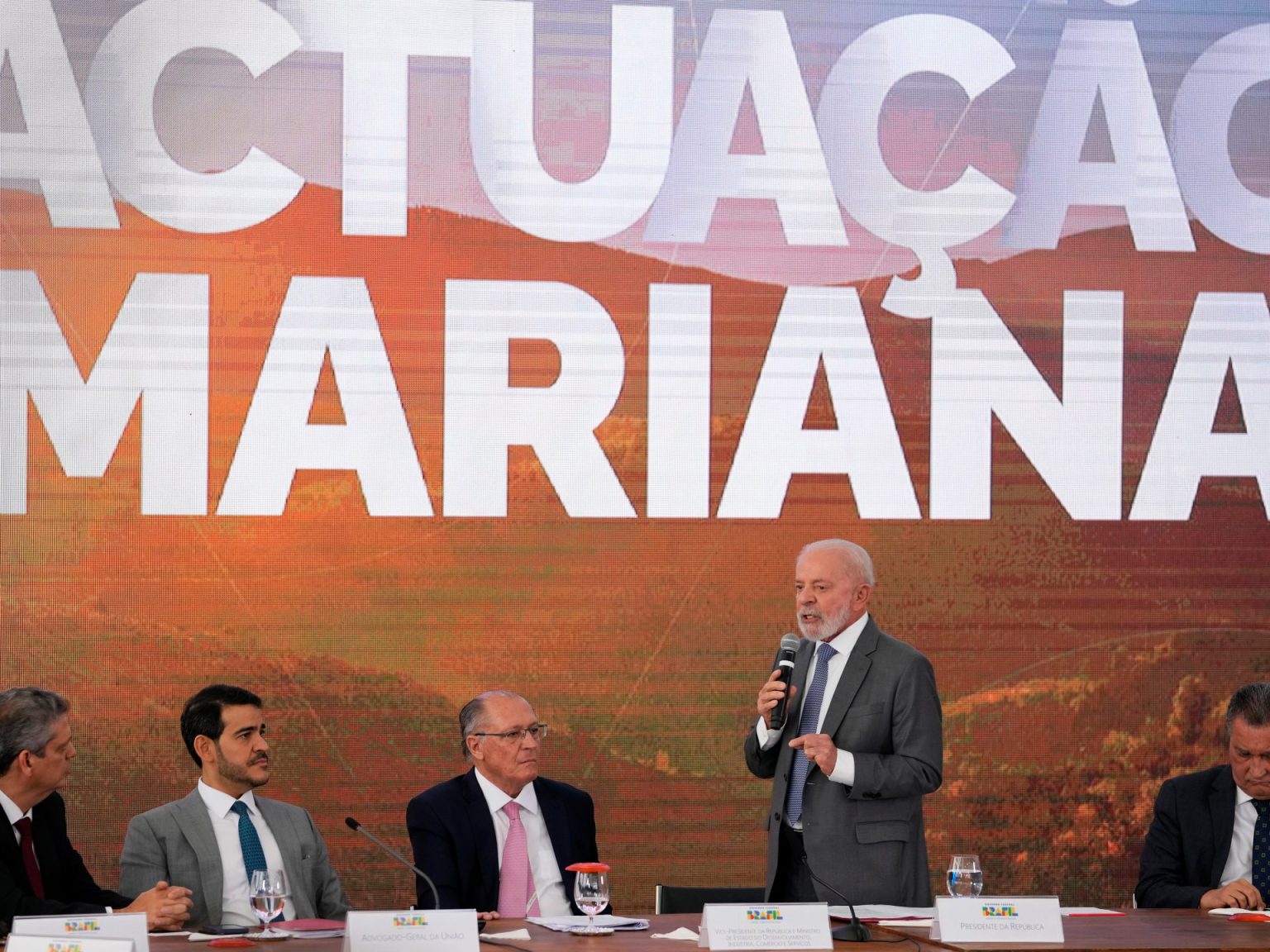The collapse of the Mariana dam in Brazil in 2015 was a devastating environmental disaster that resulted in the deaths of 19 people, left hundreds homeless, flooded forests, and polluted the Doce River. The dam was owned by Samarco, a joint venture between mining giants Vale and BHP. In response to this catastrophic event, Brazil has signed a compensation agreement worth 170 billion reais ($29.85bn) with the mining companies involved in the disaster.
The agreement, which was signed on Friday, requires the companies to pay 132 billion reais ($23bn) over the next 20 years. Of this amount, 100 billion reais ($17.5bn) will be paid to public authorities as “new resources,” while the remaining 32 billion reais ($5.6bn) will be used to compensate affected individuals and fund reparation efforts. This is in addition to the 38 billion reais ($6.6bn) that the companies have already disbursed in relation to the disaster.
The Brazilian government hopes that the funds from this agreement will enable local authorities to compensate families for financial losses, support environmental recovery efforts in the affected areas, and facilitate the resumption of economic activities, health services, and infrastructure improvements. Annual payments will be made until 2043, with varying amounts ranging from 7 billion reais ($1.2bn) in 2026 to 4.41 billion reais ($7.7bn) in the final payment.
BHP, one of the mining companies involved, stated that it expects the outflows under the agreement to align with its existing provision for Samarco until 2024. The agreement is also viewed as a potential resolution to the numerous lawsuits filed against the mining companies in Brazil, with the possibility of limiting legal action abroad as well. BHP is currently contesting a lawsuit worth up to 36 billion pounds ($47bn) in London’s High Court related to the Mariana disaster.
Overall, the agreement aims to provide justice and reparation to the families directly affected by the dam collapse and to address the wide-ranging impacts on the environment, economy, and infrastructure of the affected regions. By holding the responsible companies accountable and providing financial support for recovery efforts, Brazil hopes to mitigate the long-term consequences of one of the country’s worst environmental disasters.













